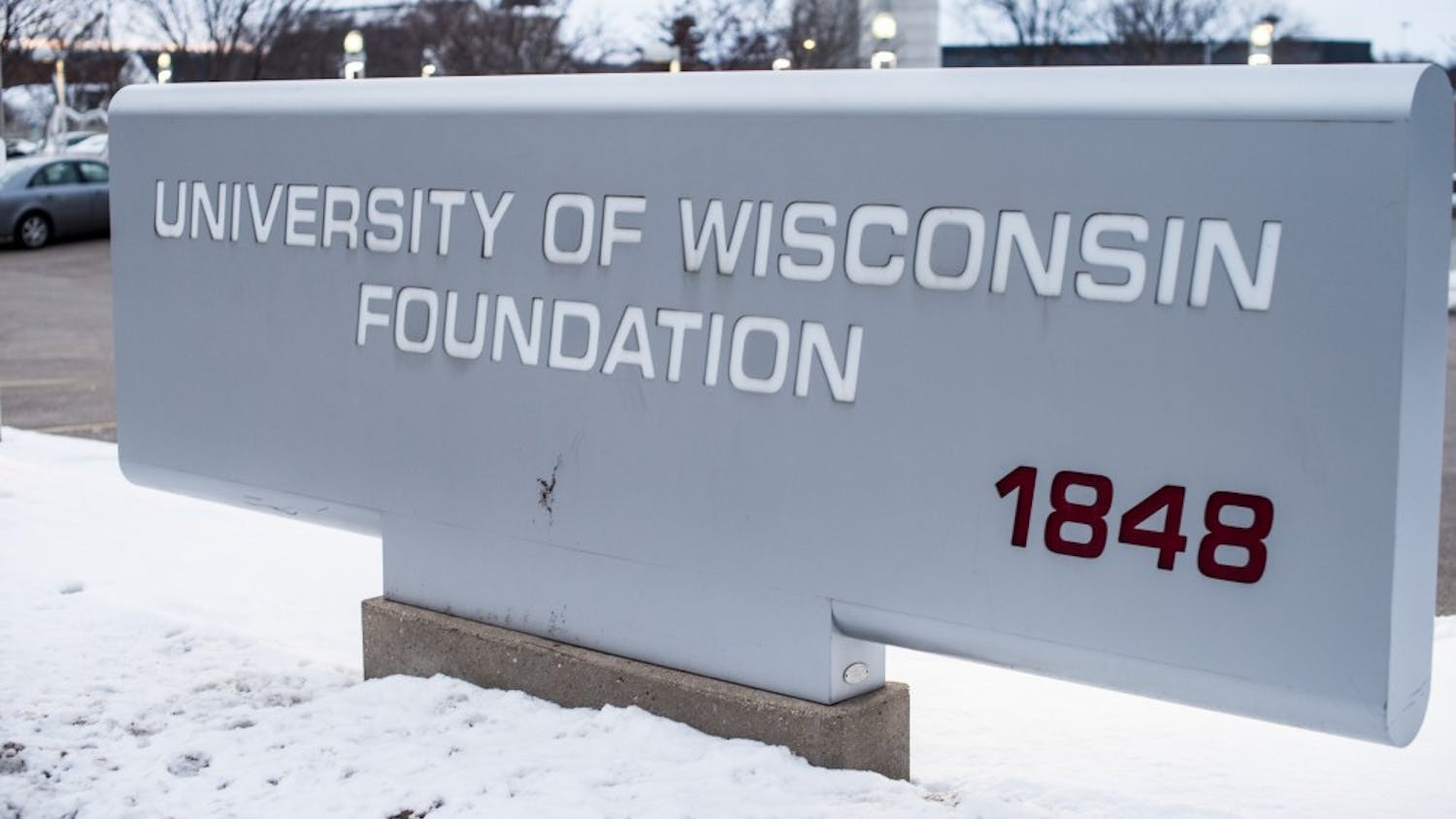With energy prices soaring alongside growing concerns about the effects of traditional fossil fuels on the environment, a UW-Madison researcher has become one step closer to finding an alternative, renewable energy source.
Chemistry professor Song Jin’s research team published a new way to catalyze hydrogen, which serves as a possible alternative for gasoline and other energy sources. Method is 1000 times cheaper than a traditional catalyst and less harmful to the environment, according to a university release.
Hydrogen made from splitting water molecules can make electricity and heat or store energy to be used for later. However, the most commonly used catalyst for these reactions are noble metals, like platinum, palladium, iridium and gold, which are extremely expensive.
Jin originally started his search for alternative metals using iron pyrite, also known as fool’s gold. It was not until Jin and his students, Miguel Caban-Acevedo and Michael Stone, substituted cobalt pyrite and phosphorous that an efficient noble metal alternative was found.
The new cobalt catalyst is almost as efficient as platinum and may be the highest performing non-noble metal catalyst available today, according to the release.
Jin’s lab discoveries didn’t stop there.
"If you want to make a dent in the global warming problem, you have to think big," Jin said in the release.
In addition to being easier on budgets, the lab also started performing the hydrogen reaction in a way that is easier on the environment.
Previous experiments relied on putting electricity in to get hydrogen out, which may seem counterintuitive, considering the reaction is meant to reduce reliance on traditional energy sources.
Jin’s new catalyst can create a reaction using power from the sun, making it possible to scale up and carry out for generations.
“Whether we imagine making hydrogen from electricity, or directly from sunlight, we need square miles of devices to evolve that much hydrogen,” Jin said in the release. “And there might not be enough platinum to do that."
Although this new catalyst has only been tested in a lab, the release states Jin has already obtained a provisional patent from the Wisconsin Alumni Research Foundation and said he hopes to keep learning more.





